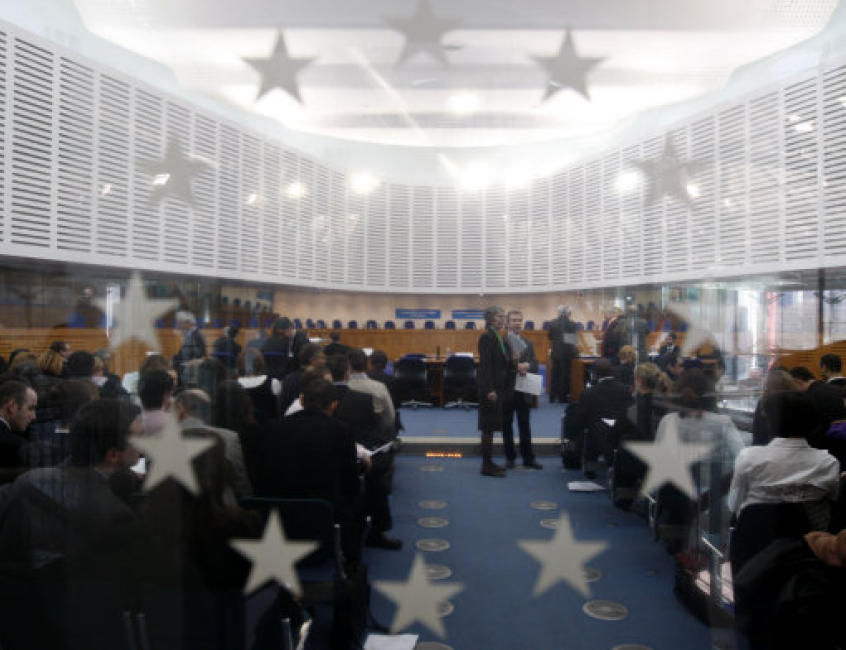
Three UK Christians have lost their legal challenges over workplace discrimination at the European Court of Human Rights.
Gary McFarlane, Shirley Chaplin and Lillian Ladele had requested a referral after losing their appeals to the Strasbourg court in January.
They appealed to the court alongside check-in worker Nadia Eweida, who won her discrimination claim against British Airways after being banned from wearing a cross at work.
Nurse Shirley Chaplin was removed from frontline ward duties for refusing to remove a cross necklace but the court ruled there were legitimate health and safety concerns.
Relationships counsellor Gary McFarlane was dismissed for gross misconduct after telling his employer he could not in conscience provide sex therapy to same-sex couples, while registrar Lillian Ladele was discplined after asking her employer to be exempt from registering same-sex couples. The court determined that both employers were acting in accordance with their obligations under discrimination law.
This week's ruling from the Grand Chamber has prompted calls for stronger protections to be included in the Marriage (Same Sex Couples) Bill, which comes before the House of Lords for a second reading on 3 June.

The Christian Legal Centre, which supported Gary McFarlane and Shirley Chaplin, said the Prime Minister's assurances of freedom of conscience if the Bill becomes law are "worthless".
Andrea Minichiello Williams, chief executive of the Christian Legal Centre, said the Grand Chamber's decision to reject the referrals means that the European court "cannot be relied on" to protect freedom of conscience for Christians in the UK.
"The ECHR has washed its hands of these cases and said that it is down to member states to rule on these matters. The European court has made it clear that it doesn't want to interfere," she said.
"With sexual orientation a 'protected characteristic' under UK equality laws, Christians' consciences concerning marriage and sexual ethics is not protected. We have seen time and again in British courts that when they come into conflict, sexual orientation rights trump freedom of religion rights."
She warned that the Bill leaves clergy with a traditional understanding of marriage in a vulnerable position.
"In the Bill as it stands there is no provision, for example, for individual clergy," she said. "If the Church of England 'opt in' to conducting same sex marriages, there is absolutely no protection for individual clergy who may refuse to conduct such services.
"Up to one in 10 CofE clergy could take this position which could result in thousands of people losing their jobs over their Christian beliefs about marriage."













